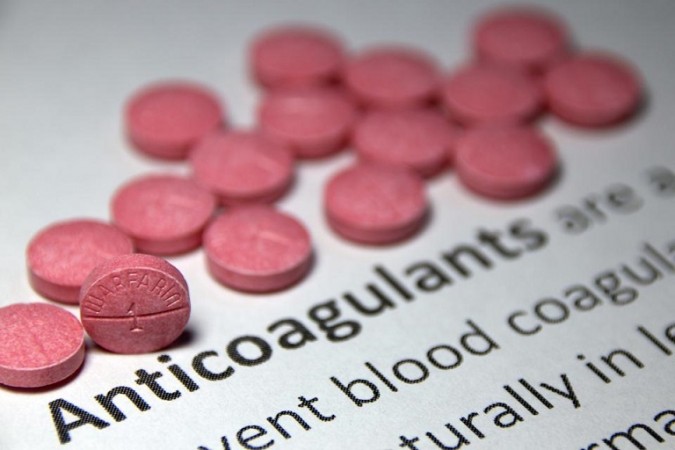
A clinical research circulated by the British Medical Journal (BMJ) claims strong evidence that prompt preventive blood-thinning drugs may reduce the risk of death in COVID-19 patients.
Patients given preventive blood-thinning drugs (prophylactic anticoagulants) within 24 hours of admission to hospital with COVID-19 are less likely to die compared with those who do not receive them, the research reveals.
Clinical trials are now underway to see if prophylactic anticoagulants could be an effective treatment for covid-19. In the meantime, the researchers say these findings provide strong real-world evidence to support their early use among patients in hospital with covid-19.
Patients given preventive blood-thinning drugs (prophylactic anticoagulants) within 24 hours of admission to hospital with covid-19 are less likely to die compared with those who do not receive them.
Some covid deaths are believed to be due to blood clots developing in major veins and arteries. Anticoagulants prevent blood clots forming and have antiviral and potentially anti-inflammatory properties, so might be particularly effective in patients with covid-19, but results from previous studies have been inconclusive.
To explore this further, a team of UK and US researchers set out to estimate the effect of prophylactic anticoagulants when given promptly after admission to hospital on the risk of death and severe bleeding among patients with covid-19.
Other potentially important factors including age, ethnicity, underlying conditions, medication history, weight, and smoking status were taken into account. The researchers then followed these patients to see who died or experienced a serious bleeding event within 30 days of hospital admission.
Adjust yourself in hostel life by following these tips
A Yoga Enthusiast, Sushmita Mukhia Has Come A Long Way As She Leads A Healthy Lifestyle
Trip to this castle in Romania: Bran Dracula Castle